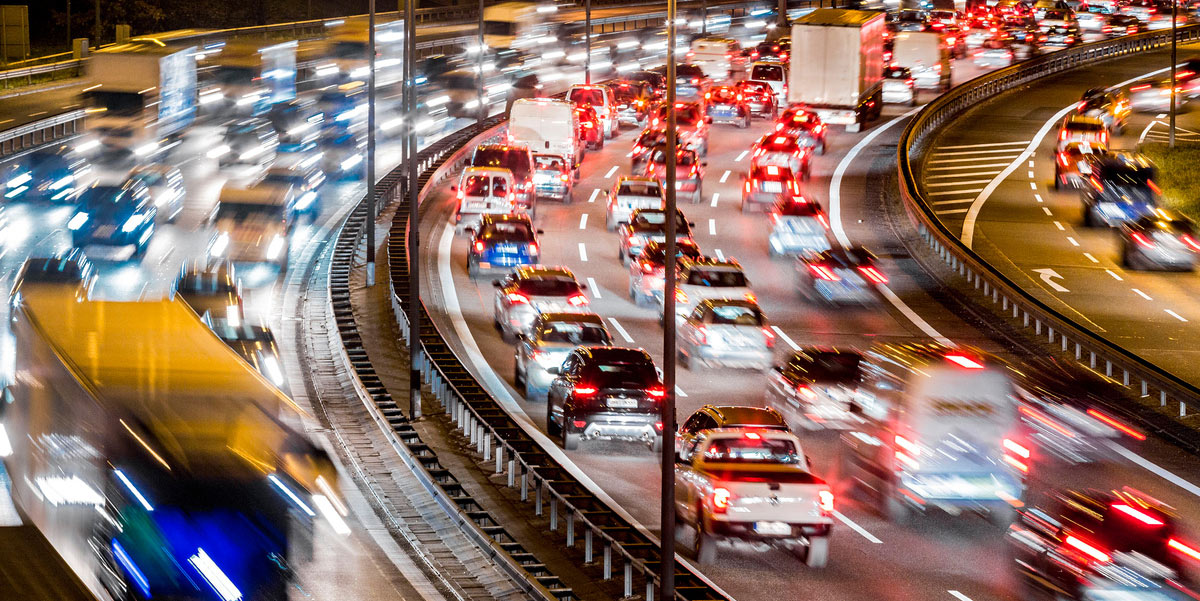In a first, EV new car registrations surpass diesel in Europe


Here’s a breath of fresh air, literally. The number of new electric car registrations has exceeded those of diesel-powered vehicles in Europe for the first time, according to the European Automobile Manufacturers Association.
Between January and October, 1.23 million electric vehicles were registered in the European Union, compared with 1.22 million diesel-powered vehicles. EVs accounted for a market share of 14.2% in October, up from 12% in the same month last year. According to the EAMA, the year-to-date share now stands at 14%, “surprising diesel’s cumulative share for the first time.”
Gasoline-powered vehicles still account for a third of the market, while hybrid electrics take a 28.6% share. New car sales in the EU jumped 14.6% in October, boosted by a huge jump in sales of all-electric vehicles. Hybrids, however, accounted for nearly three of every 10 vehicles sold in the EU, with 29% market share.
Last month, new EV registrations in Europe jumped significantly, growing by 36.3% to reach 121,808 units. Top markets playing key roles in this expansion include Belgium and Denmark, which both saw triple-digit percentage bumps. Following a slowdown in September, Germany – the largest market for battery-electric cars – saw a modest growth of 4.3% last month, bringing the total year-to-date volume to 1.2 million units.
Hybrid electric (HEV) vehicles saw an increase by nearly 39% last month, mostly due to growth in the top three markets: Germany (+57.9%), France (+40.1%), and Italy (+28%). This contributed to a cumulative increase of 29.8%, with a total 2.2 million units sold from January to October 2023.
Plug-in hybrid electric car sales dropped by 5% year on year to 72,002 units last month. Despite notable increases in Belgium (+70.2%) and France (+34.2%), this was insufficient to offset Germany’s decline (-49%), the largest market for plug-in hybrids.
City Dwellers’s Take
Flashback: In 2015 diesel cars held 50% market share in Europe. Fast-forward to today, that has dropped to 12%. It’s good to see the end stages for diesel, which peaked in 2015, some 30 years after it first achieved double-digit share of the European market. But in the past decade, bad buzz started to spread, with growing concerns over its noxious emissions and the infamous Volkswagen Dieselgate. Now with electrification firmly taking hold, diesel engine development has all but ceased in Europe. Petrol-burning engines are soon to see the same fate.
European consumers are showing they are ready, and electric cars will be crucial to meeting Europe’s climate goals – if charging infrastructure can meet demand. For 2025, the EU is tightening its restrictions with a 15% reduction in CO2 emissions by 2025 for both cars and vans. From 2030, cars will see a 55% reduction in emissions (relative to a 2021 baseline), and vans will see a 50% reduction. By 2035, all new cars and vans registered in Europe will be zero-emission. It can’t happen soon enough.
FTC: We use income earning auto affiliate links. More.